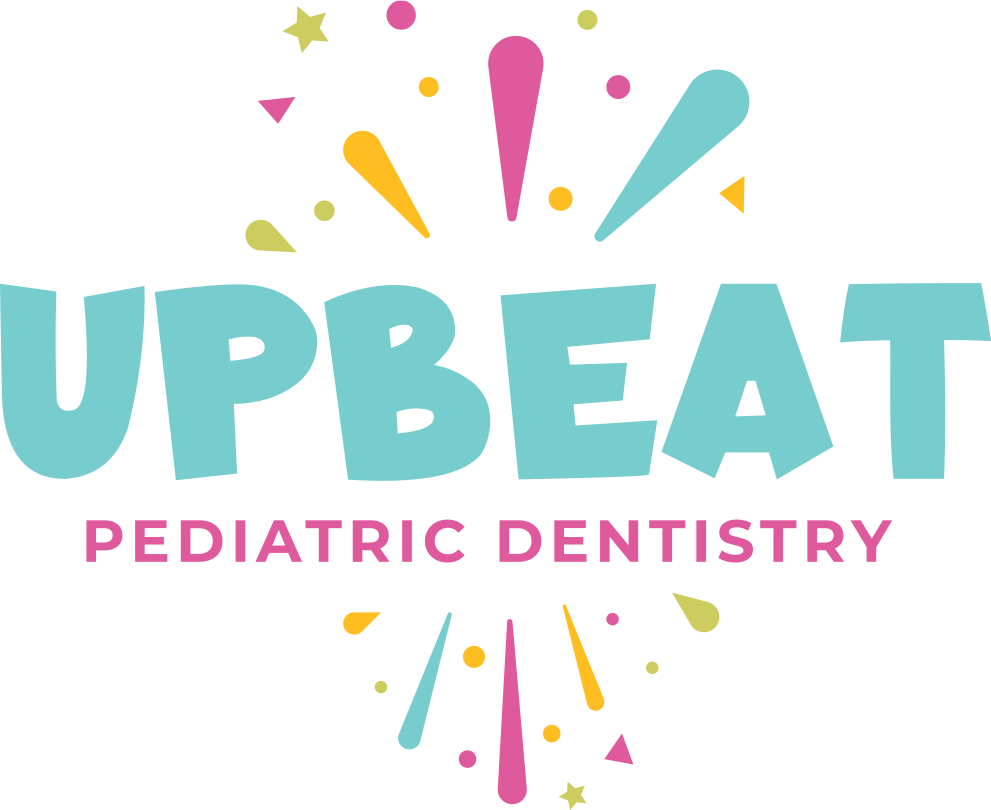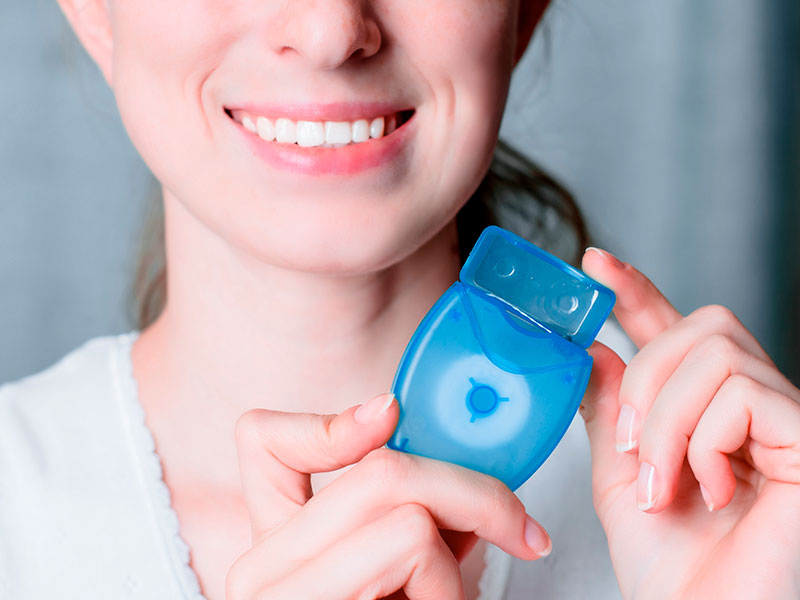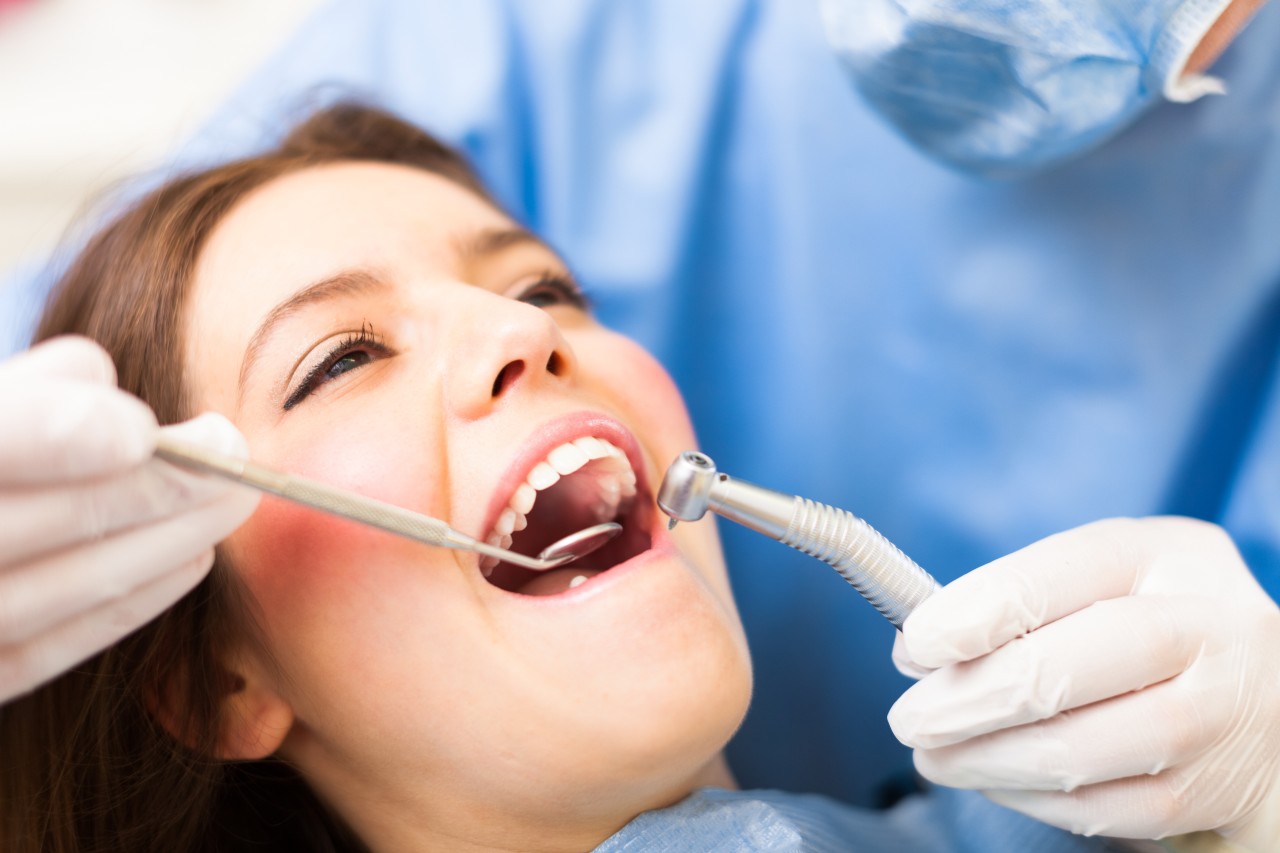When it comes to maintaining good oral hygiene, brushing your teeth is only part of the equation. Dental floss plays a crucial role in removing plaque and food particles from between your teeth and along the gumline, where your toothbrush cannot reach.
However, did you know that there are various types of dental floss available? Understanding the different options can help you find the one that best suits your needs and ensures optimal oral health. Join us as we explore the world of dental floss at Upbeat Pediatric Dentistry!
Types of dental floss and their specificities
1. Nylon Floss: The Classic Choice
Nylon floss, also known as multifilament floss, is the most common and widely used type of dental floss. It consists of multiple strands of nylon, making it strong and resistant to shredding. Nylon floss comes in both waxed and unwaxed varieties, providing options for different preferences. The waxed version slides more easily between teeth, while the unwaxed option offers a firmer grip. Nylon floss is an excellent choice for most people and is available in different thicknesses, such as regular and extra-thin, to accommodate various tooth and gum sensitivities.
2. PTFE Floss: Glide Smoothly
PTFE (polytetrafluoroethylene) floss, often referred to as “Glide” floss, is a monofilament floss made of a single strand of PTFE material. This type of floss is incredibly smooth, gliding effortlessly between teeth. PTFE floss is resistant to shredding, making it a great option for those with tight spaces between their teeth or dental work such as dental bridges or braces. It is also available in both waxed and unwaxed versions.
3. Dental Tape: Wide and Gentle
Dental tape is a broader and flatter type of floss compared to traditional nylon floss. It is made of either nylon or PTFE material and provides a wider surface area for cleaning between teeth. Dental tape is an excellent choice for people with larger gaps between their teeth or those who find traditional floss uncomfortable or too tight. The flat design of dental tape makes it gentler on the gums, reducing the risk of irritation.
4. Super Floss: Specialized Cleaning
Super floss is a unique type of floss designed to cater to specific dental needs. It combines different components in a single strand of floss. Super floss typically consists of a stiff end, a spongy or threader section, and a regular floss section. The stiff end helps thread the floss under dental appliances like bridges or orthodontic wires, while the spongy or threader section effectively cleans around dental implants or under braces. The regular floss section completes the cleaning process by removing plaque and debris from between the teeth.
5. Water Flosser: An Alternative Approach
In addition to traditional floss, water flossers have gained popularity as an alternative method for cleaning between teeth and along the gumline. A water flosser uses a steady stream of water to remove plaque and debris, offering a gentle and effective way to improve oral hygiene. Water flossers are particularly beneficial for people with orthodontic appliances, implants, or sensitive gums. They can be an excellent addition to your oral care routine, complementing the use of traditional floss.
Choosing the Right Floss for You
With the wide variety of dental floss options available, selecting the right one may seem overwhelming. Here are a few tips to help you make an informed decision:
1. Consider your specific dental needs: Do you have tight spaces between your teeth, dental work, or orthodontic appliances? Understanding your unique circumstances will help determine which type of floss is most suitable for you.
2. Seek professional guidance: Consult with your dentist or dental hygienist during your regular check-ups. They can provide personalized recommendations based on your oral health and address any concerns or questions you may have about flossing techniques and products.
3. Experiment and find your preference: It’s okay to try different types of floss to determine what feels most comfortable and effective for you. You may prefer the smooth glide of PTFE floss or the wider coverage of dental tape. Find what works best and motivates you to maintain a consistent flossing routine.
Still have questions about flossing?
At Upbeat Pediatric Dentistry, we believe that maintaining good oral hygiene habits is essential for a lifetime of healthy smiles. Our team of dental professionals is here to guide and support you in making informed decisions about your oral care routine, including choosing the right dental floss.
Schedule an appointment with us today to learn more about proper flossing techniques, personalized oral hygiene recommendations, and comprehensive dental care for your child. Remember, a healthy smile starts with proper oral hygiene, and dental floss is an important tool in your arsenal!





